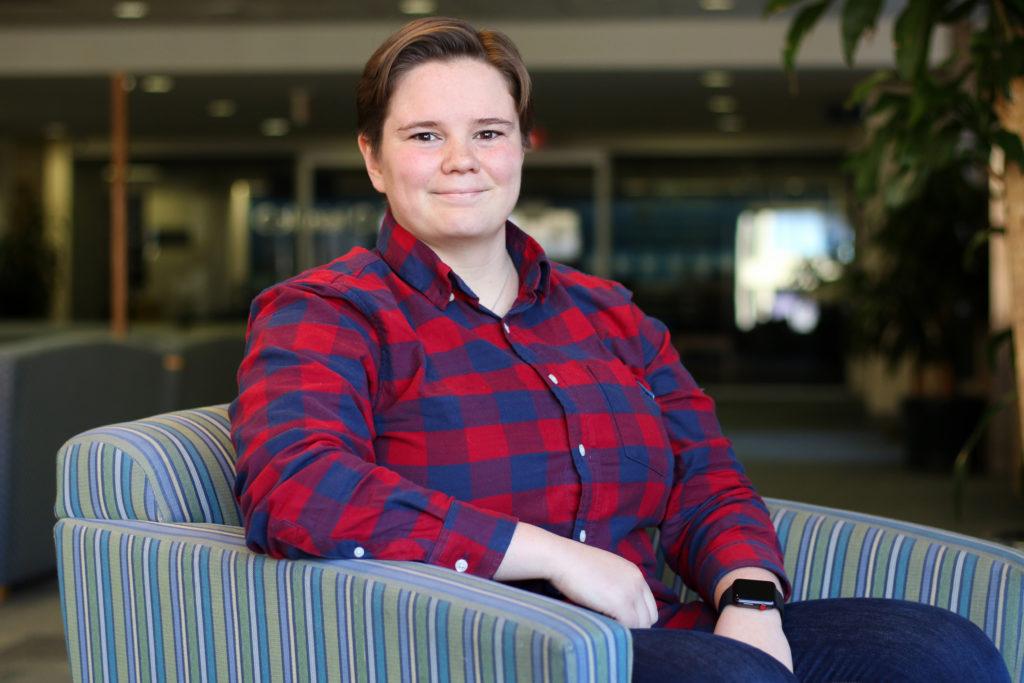A new seminar for student leaders this semester is aiming to teach attendees how to be smart on social media.
Communications staff in the athletic department will host an Excellence in Leadership seminar for leaders of student organizations Monday focused on “the best and worst practices in the social media landscape,” according to an email sent to student organizations earlier this month. Officials said the session will help students gauge the “far-reaching” impact students’ posts could have on an individual or the student organization they represent.
“Participants will discuss the powers and perils of social media in a day and age when a single post can bring untold consequences and crises upon an individual and the entire institution,” the email states.
Student organizations are required to attend at least five ELS sessions throughout the academic year to register as an official student organization again in March.
Anne Graham, the assistant director of student involvement and Greek life, said ELS meetings cover a range of topics to “help students refine their leadership skills.” She said officials added the social media session because the topic is “directly applicable” to student leaders who may have personal and organizational accounts.
During the session, which was originally designed for student-athletes, students will discuss “best practices and lessons learned” on social media. Between 12 to 15 students are expected to register for the session, she said.
“We are very excited to partner with the Department of Athletics and capitalize on the expertise of their staff to adapt this session for ELS,” Graham said in an email.
She declined to say how the session has helped athletes in the past and why officials decided to offer the training to non-athletes.
The expanded session comes months after University President Thomas LeBlanc urged the Class of 2022 to better understand the repercussions of social media during freshman convocation. His address followed two major scandals last spring, when a racist Snapchat post riveted campus in February and a former Student Association senator was accused of anti-Semitism after two of his old Facebook posts resurfaced and were spread among students.
A former SA senator and presidential candidate also apologized in the spring for posts she wrote on Facebook about minorities in 2012 and 2013.
Students who signed up for the session said the event will teach members of their organization how to be more conscious about the tweets or photos they publish on social media to avoid consequences for the individual or student group.
SJ Matthews, the president of the Residence Hall Association, said the organization will send a representative to the session because RHA relies “heavily” on social media to publicize events.
“We are hoping to learn some new techniques that we can utilize on our social media channels this semester,” she said in an email.
David Resnick, the president of Alpha Kappa Psi professional business fraternity, said he will send the group’s vice president of marketing to the seminar to learn how the organization can boost its social media presence. Resnick said he wants the group to increase its Instagram followers throughout the semester.
Resnick said that while most of the organization’s members understand the consequences of poor social media use, the seminar might offer lessons that they can pass down to freshmen who are just starting to learn how social media can impact their chances of securing a job or internship.
“I think most of our members already know that what they post on social media stays on the internet forever,” Resnick said. “I think it’s more reinforcing that idea to the freshmen, who are new members. They’re still very much new to the, ‘Wow, if I post this on Instagram, it will come up in 10 years to an employer.’”
Ife Akinmade, the president of the African Student Association, said the event was likely added this semester to teach students that if social media is not used properly, students could pay long-lasting consequences for their posts. Akinmade said he may send his social media chair to the session to learn how ASA can better promote itself online.
“Social media can be used as a force for good in order to promote and communicate with people,” he said. “If not used the right way, it can also be very negative and very detrimental.”





